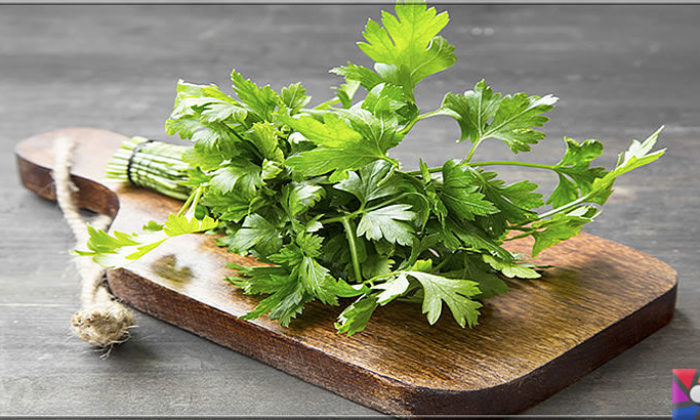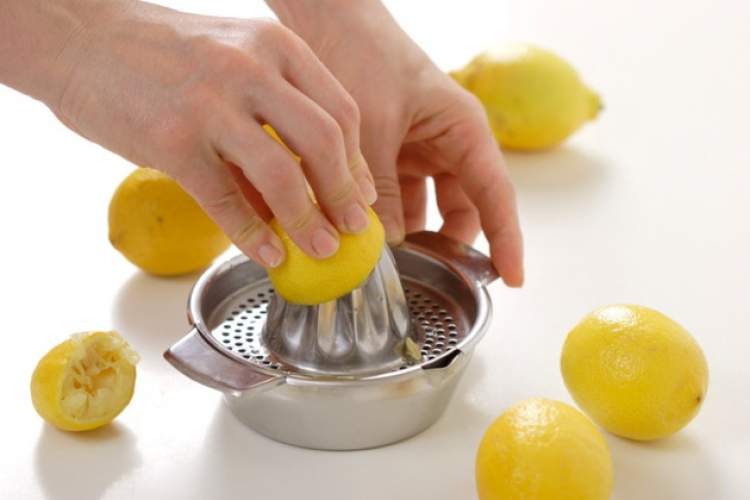
Diuretic Herbal Tea
Edema-Reducing Herbal Tea Recipe
Ingredients:
- 1 liter of water
- 1 bunch of parsley

- 2-3 cinnamon sticks
- 1 walnut-sized piece of ginger
- 1 lemon

- 1 apple
Instructions:
- Boil the water and add the parsley to it. Let it cool for a while, then bring the water to a boil again.
- While the water is boiling, cut the apples into 4 pieces and add them to the water. Then, break the cinnamon sticks into pieces and add them as well.

- At first, you may want to use a small amount of ginger due to its strong aroma and flavor. You can adjust the amount to your taste later.
- Finally, cut the lemon into 4 pieces and add it to the mixture.
- Allow the mixture to simmer on low heat, and then let it come to room temperature.

- After about half an hour, transfer the tea to the refrigerator to cool further. Cooling it in the refrigerator allows the nutrients to infuse better into the tea.
Remember to consult with a healthcare professional before using any herbal remedies, especially if you have underlying medical conditions or are taking medications, as herbs can interact with medications and affect individual health differently.
If we were to create a list of diuretic herbal teas to reduce edema, it would include green tea, dandelion tea, blueberry tea, echinacea tea, and chamomile tea as essential components. You can prepare a mixture of these herbs by steeping it in boiling water for 15-20 minutes and consume one cup daily.
Why Does Edema Occur?:
Detecting the presence of edema is quite simple. When you step on the scale every day or every week and notice an increase in your weight compared to the initial measurement, despite consuming fewer calories, it indicates the formation of edema.
There are three main reasons for edema:
- Insufficient water intake
- Consuming highly salty foods
- Having stomach issues
Additionally, in women, the approaching menstrual period can also lead to weight gain and bloating. Using edema-reducing herbal teas can be beneficial in getting rid of this excess fluid.
Please note that the information provided here is for general guidance, and it’s always advisable to consult with a healthcare professional for personalized advice, especially if you suspect any underlying medical conditions.

Leave a Reply